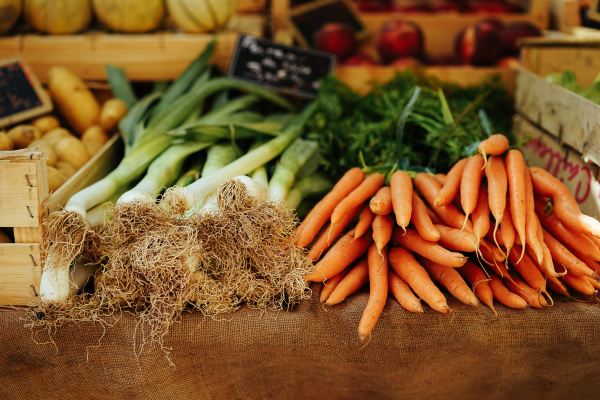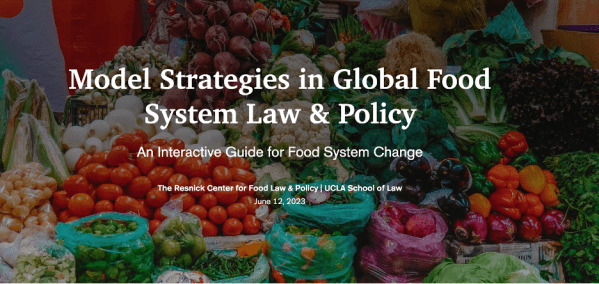How Public Nuisance Law Could Address Heavy Metals in Baby Food in the Face of Regulatory Failure
by Lillian Matchett*
A cheerful jingle plays as beaming babies flash across a white background. These children are the “Gerber Generation,” the voiceover tells you, and they have some big news to share: the nutrition they get in their first five years of life can affect their health forever. “Think about that,” they say.
Gerber launched its Gerber Generation campaign in 2010 in the face of increased attention on childhood obesity, focusing on the health and nutritional needs of young children at a vital point in their development. Gerber was right: what a child consumes in the first few years of their life is critically important, but as it turned out, there were other substances in at least some of the Gerber Generation’s food that could have a profound and lasting impact on children’s health. In 2021, Gerber was one of several companies exposed for selling baby food containing concerning levels of heavy metals—toxins which, even in small amounts, can cause severe and irreversible cognitive impairment and physical illness in young children.
In 2021, a congressional subcommittee issued two reports finding high levels of heavy metals—lead, arsenic, cadmium, and mercury—in commercial baby foods from seven major manufacturers. Heavy metals were present in baby foods from all companies, often at concentrations many times than that allowed under existing regulations for other food products. The reports also illuminated failures of industry self-regulation, revealing that companies largely do not test their final products and often do not adhere to their own internal standards.
Predictably, a deluge of litigation followed the release of the Congressional Reports. Despite well-documented findings of high heavy metal levels in baby food and the known effects those substances have on children, lawsuits have thus far been mostly unavailing, failing on issues of causation and standing, though many are still making their way through the courts. Regulatory and legislative solutions have also fallen short. The FDA and Congress attempted to address the issue, but the FDA’s response has been slow and unenforceable, while legislation lacks bipartisan support, and has stalled in committee.
Continue reading “The Poisoning of the Gerber Generation:”










You must be logged in to post a comment.